detail profile fatemeh naghavi
Peran Yang Di Mainkan Fatemeh Naghavi
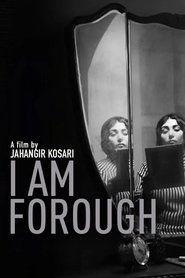 Forough Farrokhzad one of Irans greatest...
Forough Farrokhzad one of Irans greatest...I Am Forough 2022
Forough Farrokhzad, one of Iran's greatest modern poets, provoked uproar by daring to write of female sensuality in the face of society's traditional values. Her awakening found expression in poetry, theatre, and cinema, enabling art, as she saw it, to be a 'window through which we see ourselves sing, shout and cry'.
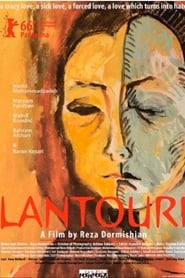 Lantouri is the name of a...
Lantouri is the name of a...Lantouri 2016
Lantouri is the name of a gang that mugs people in broad daylight on the streets of Tehran and breaks into homes in the city’s rich northern district. The gang also kidnaps children from families who have become wealthy through corruption and embezzlement of state funds. The film begins with the confessions of individual gang members. Sociologists, human rights activists and political hardliners also have their say. Gang member Pasha runs amok because Maryam, a socially committed, self-confident journalist, does not reciprocate his feelings. The badly injured young woman demands lex talionis – the law, applicable in Iran, of ‘an eye for an eye’.
 Hanieh a young teacher lives in...
Hanieh a young teacher lives in...Paradise 2015
Hanieh, a young teacher, lives in the household of her married sister in Tehran. Increasingly exhausted by her paralysing everyday life and the two-faced reality she subliminally experiences as a woman, an employee, a younger sister, and unhappy partner, Hanieh struggles to find her way out.
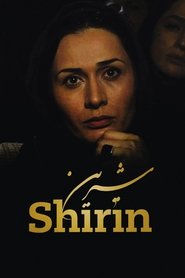 A hundred and fourteen famous Iranian...
A hundred and fourteen famous Iranian...Shirin 2009
A hundred and fourteen famous Iranian theater and cinema actresses and a French star: mute spectators at a theatrical representation of Khosrow and Shirin, a Persian poem from the twelfth century, put on stage by Kiarostami. The development of the text -- long a favorite in Persia and the Middle East -- remains invisible to the viewer of the film, the whole story is told by the faces of the women watching the show.
 Setareh Asadi Niki Karimi is a...
Setareh Asadi Niki Karimi is a...The Afflicted Generation 2000
Setareh Asadi (Niki Karimi) is a young girl, who has gone to the house of a Qajar's Prince (Saeed Poursamimi) to be hired for nursing the prince's physically disabled son.... and this is the gate of what the story wants to tell about the society!
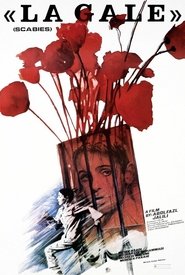 Young Hamed arrested for handing out...
Young Hamed arrested for handing out...Scabies 1987
Young Hamed, arrested for handing out political tracts banned by the Islamic Republic, finds himself in a place of great suffering, in which illiterate and penniless orphans wash floors and sell their own blood. When a disease breaks out in the prison, his life within this harsh environment becomes progressively worse, a near-daily fight for survival.

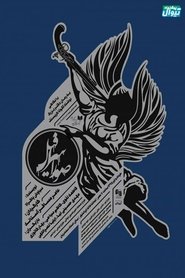 A theater directed by Amer Mosafer...
A theater directed by Amer Mosafer...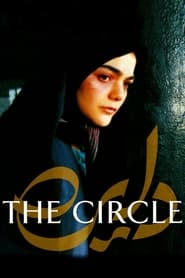 Various women struggle to function in...
Various women struggle to function in...